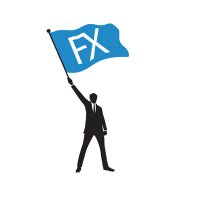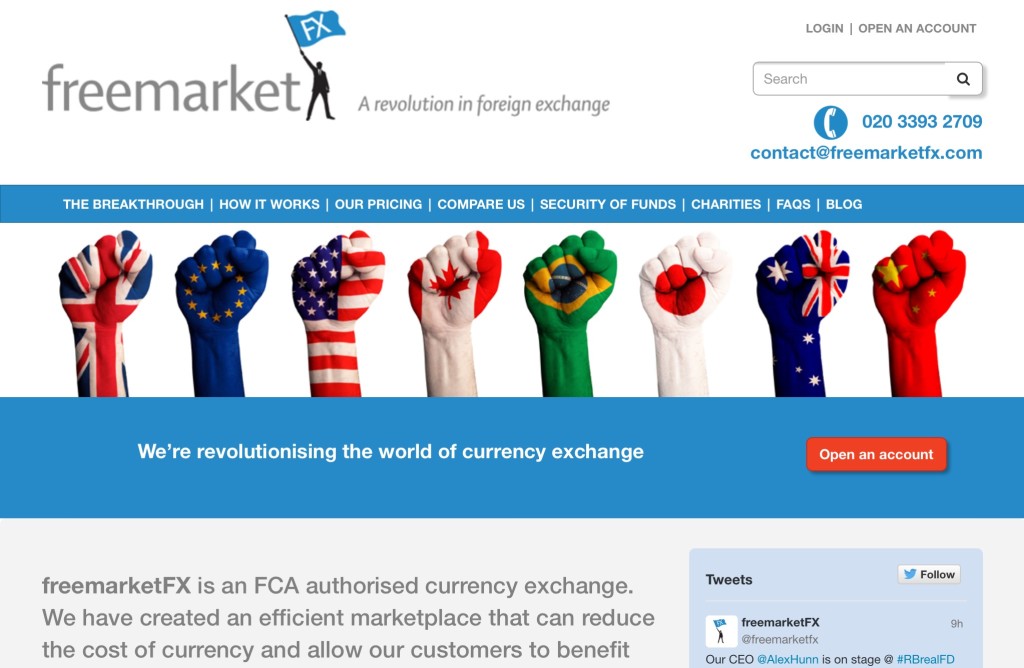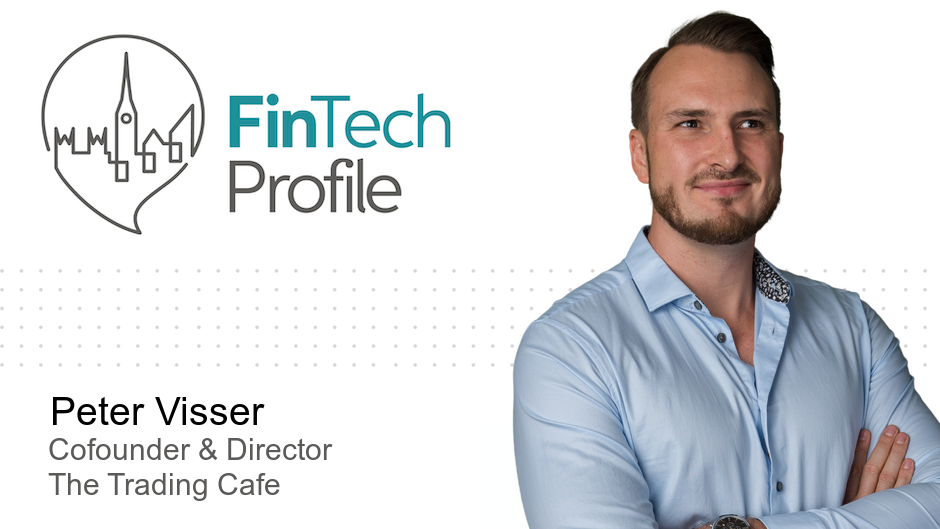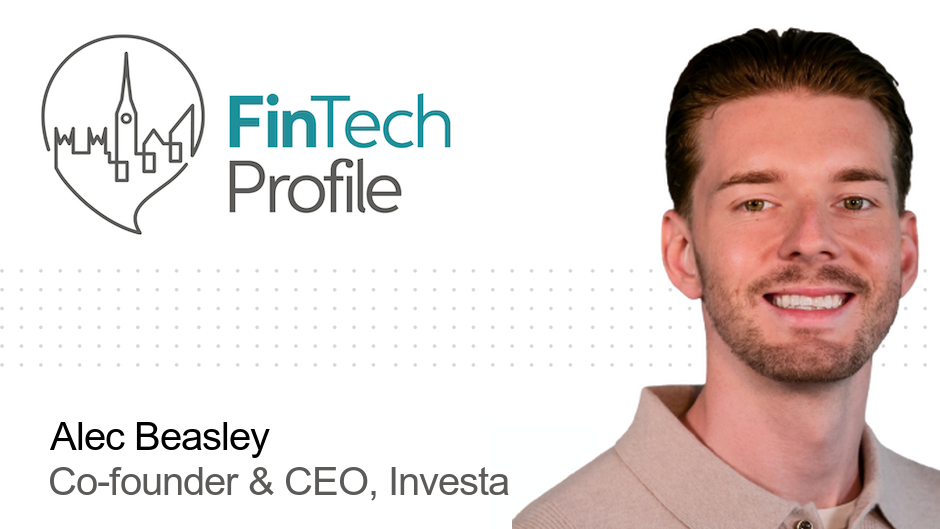Alex Hunn of freemarketFX Limited

Today’s profile comes from Alex Hunn of freemarketFX Limited.
freemarketFX is an FCA authorised currency exchange. They have created a market where companies can directly match their currency requirements with their peers for a fixed commission charge of 0.2%!
Our questions are in bold.
– – – – –
1. Who are you and what’s your background?
After graduating from university, I spent the next fifteen plus years working in investment banking for companies such as Credit Suisse, Deutsche and MF Global. I have always been involved in exchange-traded products and specialised in sales and structuring for both FX and Interest Rate Derivatives. Clients were institutional and looking for global coverage, so the mandate was board and I was able to travel extensively. My time at Credit Suisse also provided me with the opportunity to live and work in Tokyo, which was a fantastic experience.

Exchanges provide an infrastructure that is equal for all participants – namely: fair trade, information, accessibility and price transparency. Whilst other industries had seen exchange methodology disinter-mediate old business practices (Betfair being a great example) this was still not true for the ‘real’ FX market. It was this opportunity that led to freemarket being founded.
2. What is your job title and what are your general responsibilities?
I am the founder and CEO of freemarket. From the start, I have been deeply involved in developing the concept, raising investment and delivering our early stage commercial traction. I have been fortunate to be surrounded by some very talented individuals who have all contributed greatly to our journey.
3. Can you give us an overview of your business?
freemarketFX is an FCA authorised currency exchange. We have created a marketplace that allows our customers to reduce the currency bought from banks and brokers by aggregating their currency requirements with their peers.
This increases efficiency and significantly reduces costs. By using this innovative approach, our customers generate supply and demand for currency pairings (not the banks), which influences the efficiency of our marketplace. The benefits of which are then shared equally amongst all customers. A true currency co-operative.
Why freemarket?
Save up to 75% on your FX costs
Flat 0.2% commission
0.0% for registered charities
No extra charges, no hidden costs
Guaranteed fulfilment
No upper transaction limit
4. Tell us how you are funded.
Predominantly from angel investors, although we do also have a corporate investor on board at this early stage. We don’t have a big shareholder base, but they have all been fantastic – patient, engaged and supportive.
5. Why did you start the company? To solve what problems?
freemarket was founded with one simple goal – to bring transparency and value to the deliverable FX market.
Traditionally, this sector has been incredibly poorly served – both in terms of efficiency and price. We are the first company to challenge the current methodology of the FX market, and to introduce scheduled exchanges, whereby customers transact at periodic intervals throughout the day. We operate as more of a settlement system and focus on the cost of currency conversion and not on the payment charge generally associated with transfers.

6. Who are your target customers? What’s your revenue model?
We are a B2B solution although individuals can benefit from the freemarket marketplace. Typical target customers are businesses who either make or receive payments in a currency different to their own as a requirement of day-to-day business on a regular basis. These payments can range in value from £25,000 to $5m (which is our largest transaction to date). Our current average is c$150,000.
Our customers are diverse and include: charities, corporate finance houses, digital marketing agencies, music software and e-commerce businesses ,and many more. We also have a number of high net worth individuals using the platform for personal use.
Our revenue model is simple. A fixed commission of 0.2% of the notional volume transacted. So for example, for £100,000 of currency converted then the platform would charge a fixed commission of £200. Nothing more, nothing less.
7. If you had a magic wand, what one thing would you change in the banking and/or FinTech sector?
Greater transparency on pricing for companies operating in regulated environments.
8. What is your message for the larger players in the Finance industry?
To embrace change and to work with FinTech companies who are driving innovation and new ways of doing business for their customers in traditional industries. We already work with one large institution and look forward to working with others as we build our business.
9. What phone are you carrying and why?
iPhone 6. It’s functional, does what it says on the tin and looks good.
10. Where do you get your industry news from?
Sources such as the FT, Wall Street Journal, Bloomberg and Finextra.
11. What’s the best FinTech product or service you’ve seen recently?
Funding Circle. With over £500m lent to small businesses since being founded – little more needs to be said.
12. Finally, let’s talk predictions. What trends do you think are going to define the next few years in the FinTech sector?
Our market has seen little or no innovation for the last 10-15 years. That is now changing, and changing quickly as technology enabled businesses move into this sector.
Any business that operates a transactional model is going to see further downward price pressures as technology innovates allowing for price disruption. In addition, the traditional referral or affiliate model is now outdated and as such, is a declining revenue source from a once lucrative business channel.
Traditional players, whether that be banks or brokers, will need to invest significantly in technology otherwise they will struggle to adapt quickly enough to the new eco-system of online businesses that are challenging the norm of business practice.
I see a number of big trends coming our way but three we are watching are:
Further pricing pressure as technology continues to innovate traditional models; this innovation will dramatically change client acquisition and channel distribution; and Greater regulation of the banking environment, and specifically concerns around Money Laundering risks.
– – – – –
Thanks to Alex for answering our questions. You can follow freemarketFX on twitter or reach out to Alex on LinkedIn.
If you’ve any suggestions for other hot FinTech companies (startup, or established ventures) that we should be profiling, I’m all ears. Don’t hesitate to drop me a note at ewan@fintechprofile.com. There’s more information on this page.





